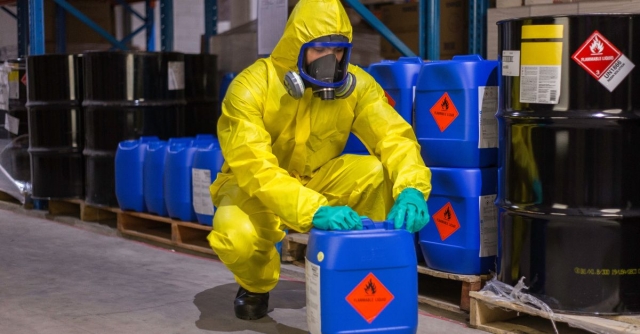Starting a job involving chemical exposure requires careful preparation to ensure your safety and well-being. Taking the right precautions beforehand not only protects you from potential hazards but also helps you feel more confident in your ability to handle the tasks ahead. By understanding the risks and following proper safety protocols, you can create a safer and more productive work environment.
Wear the Right Uniform
Standard work clothes won’t protect you from the daily hazards you may face. You need specialized FR clothing with chemical burn protection that meets industry safety standards. This clothing should shield your skin from splashes, vapors, and other chemical contact that could cause severe burns or worse.
In addition to proper clothing, wear all essential PPE, including chemical-resistant gloves, respirators, safety goggles, and protective footwear. Each piece of equipment plays a vital role in protecting you from harmful exposures.
Understand the Hazards
A big part of preparing for a job with chemical exposure risks is understanding what those risks are. Study the safety data sheets for every substance in your workplace. These documents detail the specific dangers each chemical presents, from respiratory issues to skin damage.
Learn the warning signs of exposure for each substance. Some chemicals cause immediate reactions, while others create long-term health problems that develop gradually. Ask questions during your training, and seek clarification whenever you feel uncertain about a chemical’s properties or proper handling procedures.
Avoid Distractions at Work
Keep your phone stored away, and focus entirely on your task. Avoid conversations with coworkers during critical procedures, and develop routines that help you stay alert and present during your entire shift.
Dispose of Chemicals Properly
Follow your workplace’s disposal protocols exactly as written. Never mix different chemicals in disposal containers unless specifically instructed to do so.
Some chemical combinations create toxic gases or explosive reactions. Label all containers clearly and transport them to designated disposal areas using proper procedures. When in doubt, ask your supervisor rather than guessing about disposal methods.
Know What To Do In an Emergency
Even with proper preparation, accidents happen in jobs with chemical exposure risks. What’s important is that you know what to do in an urgent situation.
Memorize the locations of emergency equipment such as eyewash stations, safety showers, and fire extinguishers. Know who to contact and how to reach them quickly.
Learn the specific first aid measures for each type of chemical exposure that you might encounter. Quick, proper response can mean the difference between a minor incident and a life-threatening emergency.
Start Your New Job on the Right Foot
Preparation protects you and helps you succeed in your new role. Approach each day with respect for the chemicals you handle and confidence in your ability to work safely. Your commitment to safety today lays the foundation for a successful, healthy career ahead.






